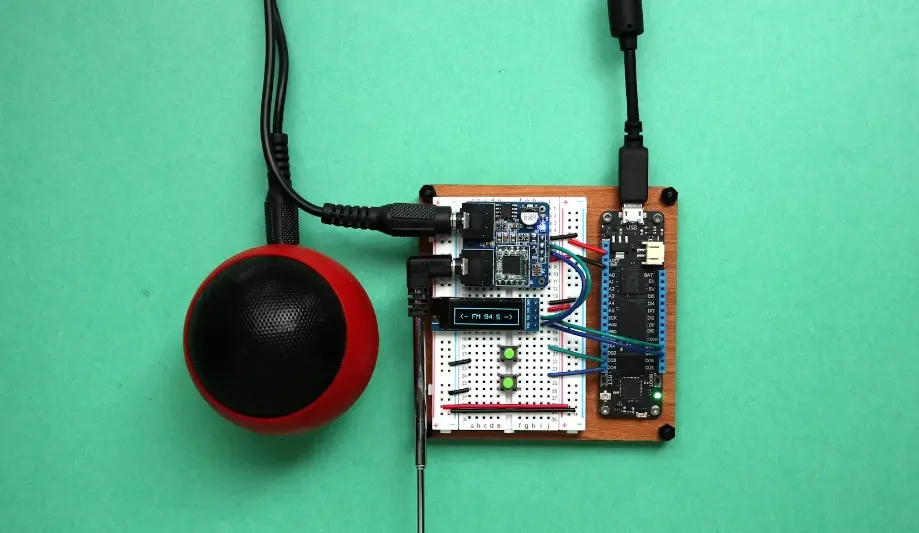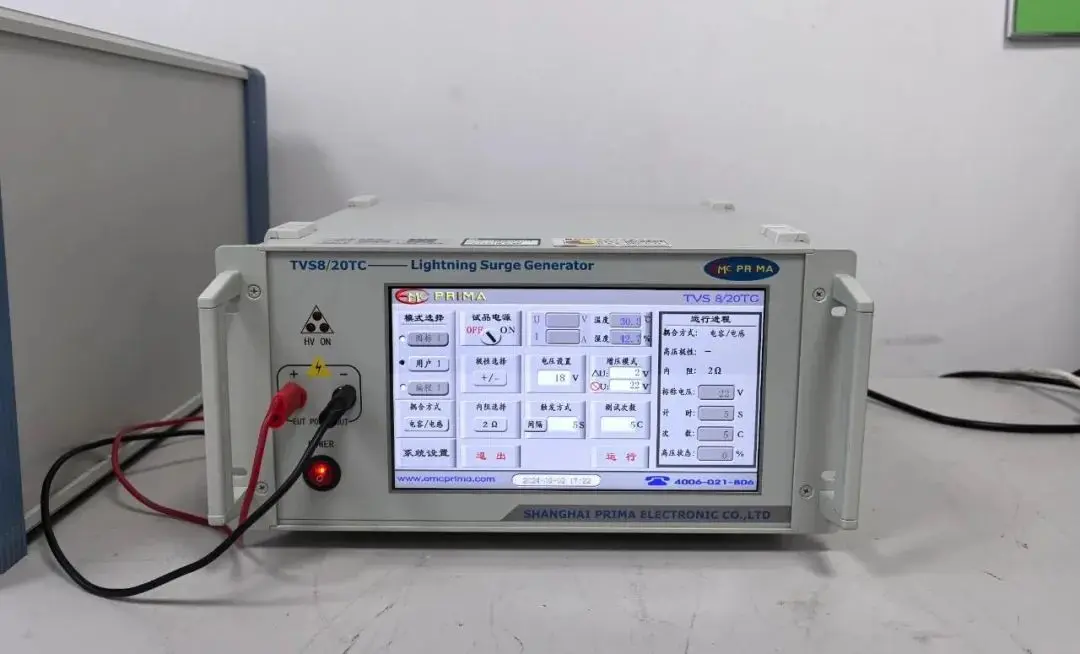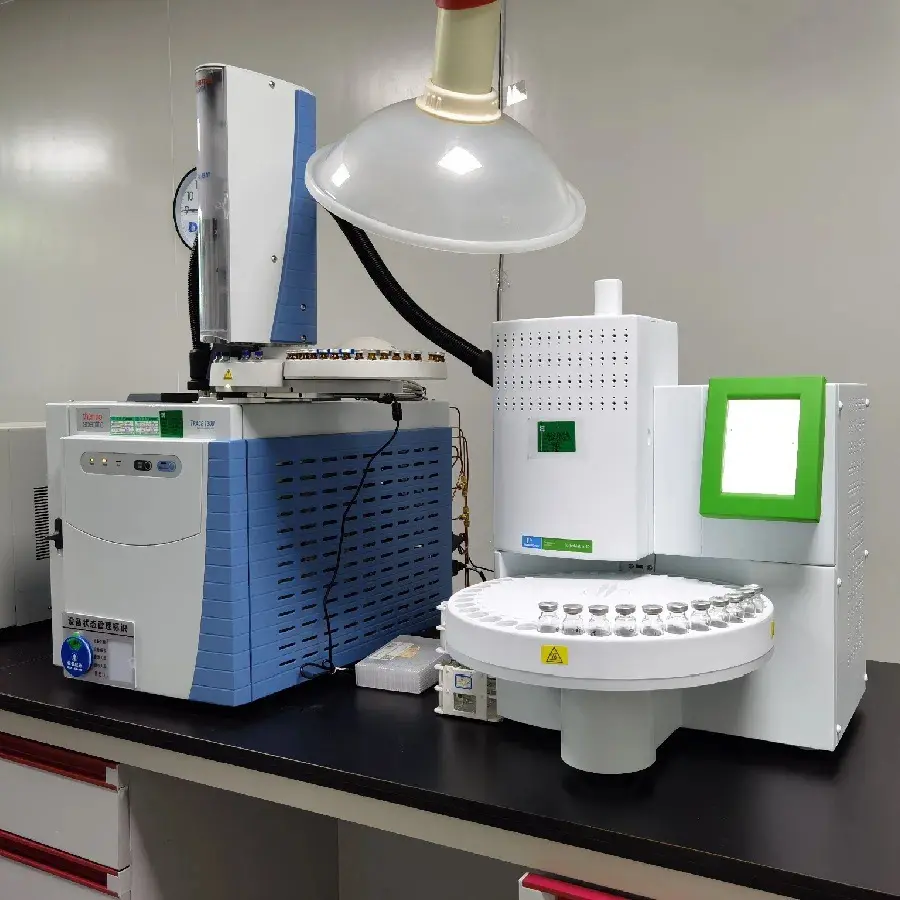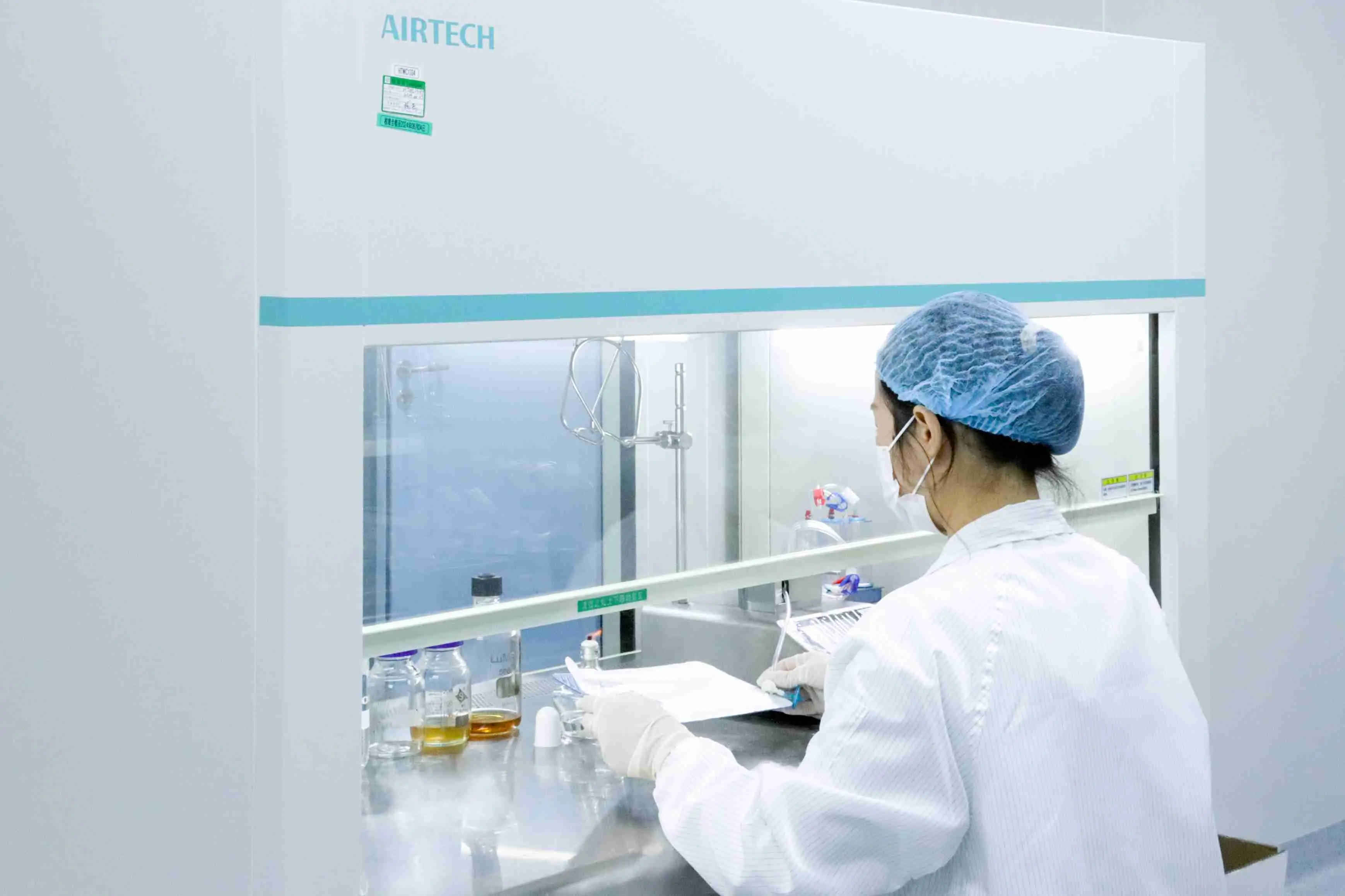
Wireless Charger FCC ID Certification
Mobile data cables can age and become damaged if used for a long time or if the charging position is incorrect. This is especially true at the connectors; if they age, they can leak electricity, posing safety risks. Wireless charging only requires plugging the cable into the charging pad. Although cables may still suffer some damage during wireless charging, they maintain a safe charging position and have a longer usage life. To enter the U.S. market, wireless chargers must first obtain fcc id certification.
FCC ID is a type of certification from the U.S. FCC, applicable to technologically complex wireless products. Products with wireless transmission frequencies need to apply for FCC ID certification. Wireless product certifications are directly approved by RCCTCB institutions, and certification can be verified on the U.S. FCC official website.

Wireless Charger FCC Certification Standards:
1. fcc part 15 Subpart C: Mainly for low-power radiation devices, it sets limits on the field strength of emissions. Wireless charging devices using inductive wireless charging technology (e.g., magnetic induction charging) are usually classified under this category, requiring that the emitted electromagnetic radiation power stays within specified limits.
2. FCC Part 15 Subpart B: This section defines the requirements for unintentional radiators, such as electromagnetic compatibility (EMC) performance. These standards assess the non-wireless emitting parts of wireless chargers, ensuring they do not interfere with other electronic devices or communications.
3. fcc part 18: If wireless charging devices use radio frequency energy to drive loads (e.g., for industrial, scientific, or medical applications), they may fall under FCC Part 18. This applies to some high-power wireless charging devices, particularly those used in industrial settings.
Other Standards and Requirements:
In addition to FCC Part 15 and Part 18, specific wireless charging devices may also need to consider frequency range, power, and device type. If the device involves wireless communication functions such as Bluetooth or Wi-Fi, it may need to meet corresponding FCC certification requirements (e.g., other parts of FCC Part 15 Subpart C).
Application Methods for FCC ID Certification:
1. Directly sending the product to a laboratory, though this can be costly and time-consuming.
2. Sending the product to an FCC-recognized laboratory (like JJR Laboratory in China), where it will be tested, documentation prepared, and reports completed. The testing report is then submitted to a TCB institution for certification. This is the method mainly used by clients. FCC ID certification can be verified online in the U.S.
Documentation Required for Wireless Charger FCC ID Certification:
1. Applicant's name, product name, model, address, phone, fax, contact person and their position.
2. For the transmitting part, the fundamental frequency of emission (preferably the operating band).
3. Applicant's FCC Registration Number (FRN).
4. FCC ID includes the Grantee Code (3 alphanumeric characters) and the product code (1-14 alphanumeric characters).
5. FCC label location and specifications.
6. A brief description of the working principle and functionality.
7. Block diagram of the principle.
Wireless Charger FCC ID Certification Application Process:
1. Fill out the application form; if the applicant is applying for FCC ID for the first time, they need to apply for a permanent Grantee Code.
2. Prepare the required documentation.
3. Document review.
4. Testing.
5. Obtain the certificate.
What Other Certifications Can Wireless Chargers Obtain for Export to the U.S.?:
1. UL Certification (UL 62368-1): Ensures electrical safety of electronic products.
2. ETL Certification: An electrical safety certification similar to UL.
3. Energy Star Certification: Energy efficiency certification to improve product energy-saving performance.
4. CEC Certification: California energy efficiency standards, particularly for power adapters and charging devices.
5. RoHS Certification: Restricts harmful substances to ensure environmental compliance.
6. Prop 65 Certification: Warning for hazardous chemicals in California.
JJR Laboratory in China offers all services; feel free to inquire!
Email:hello@jjrlab.com
Write your message here and send it to us
 Amazon UL Standard Test Report
Amazon UL Standard Test Report
 When Can FCC ID Modifications Be Filed?
When Can FCC ID Modifications Be Filed?
 LoRa Certification Testing Laboratory
LoRa Certification Testing Laboratory
 Blood Pressure Monitor Certification Testing Servi
Blood Pressure Monitor Certification Testing Servi
 ECG Device Certification Testing
ECG Device Certification Testing
 Pulse Oximeter Certification and Testing Standards
Pulse Oximeter Certification and Testing Standards
 IVD Medical Device GB 4793:2024 Test Report
IVD Medical Device GB 4793:2024 Test Report
 IECEE CBTL Testing Laboratory for IVD Medical Devi
IECEE CBTL Testing Laboratory for IVD Medical Devi
Leave us a message
24-hour online customer service at any time to respond, so that you worry!




